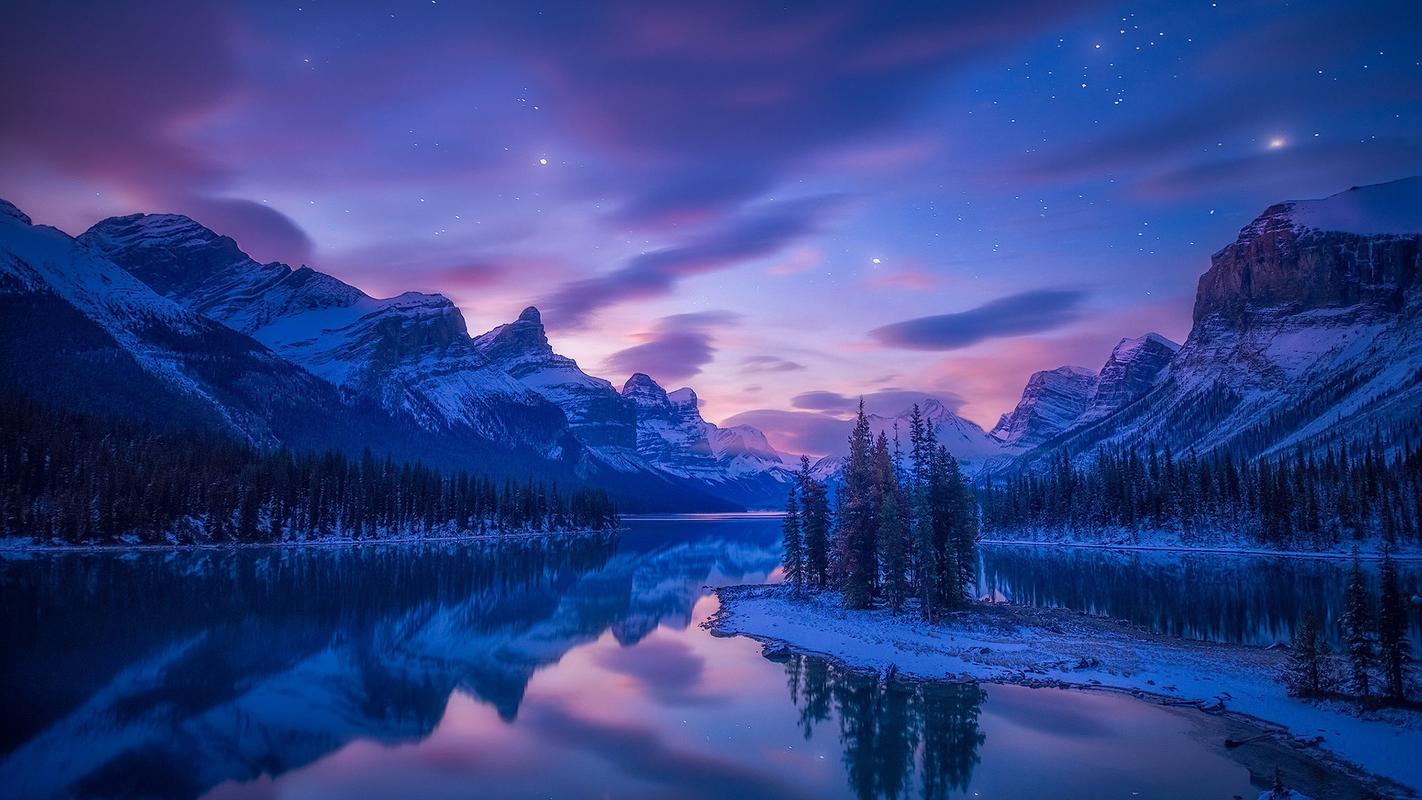Birth, Death, and Other Milestones: Traditional Rites of Passage
Rites of passage are a universal aspect of human culture. They mark the critical milestones in our lives, from birth to death, and signify our entry or exit from one phase of life to another. Through these rites, we are inducted into a community, given a new identity, and are expected to adopt new responsibilities. Here, we take a look at some of the most common traditional rites of passage around the world.
Birth
In many cultures, birth ceremonies are quite elaborate. For example, in Hinduism, a ceremony known as the Namakaran takes place on the 12th day after birth. This involves a puja or prayer session, after which the child is given a name. The Jewish Brit Milah or circumcision ceremony is another common rite of passage, typically performed eight days after birth.
Coming of Age
In many cultures, there are ceremonies to mark the entry into adulthood. In Brazil, the Quinceañera marks a young girl’s 15th birthday, while in Japan, the Coming-of-Age ceremony is held for those who turn 20. Among many Native American tribes, a young boy’s first hunt or a girl’s first menstruation represented important milestones.
Marriage
In most parts of the world, marriage is a critical rite of passage. From elaborate Indian weddings to more subtle ceremonies in parts of Europe, the ritual is a unifying event. For example, in many African communities, bride price is an important part of the marriage process. It involves the groom paying a sum of money to the bride’s family as a show of appreciation for bringing up the girl.
Death
Death is a vital rite of passage across all cultures. Funerals, wake ceremonies, and other forms of rituals all function in symbolising the passing on of our loved ones. In Ghana, the Asante people are known for their elaborate funeral ceremonies, which involve not only mourning but also celebration of the life that has been.
Conclusion
Rites of passage are important because they give us structure and meaning in life. Without these ceremonies, life can seem arbitrary and meaningless. They help us understand our place in society, the expectations of that society, and the responsibilities we hold. Rites of passage are varied, but they all serve the same purpose: to help us through our journey of self-discovery, self-realisation, and self-acceptance.
(Note: Do you have knowledge or insights to share? Unlock new opportunities and expand your reach by joining our authors team. Click Registration to join us and share your expertise with our readers.)
Speech tips:
Please note that any statements involving politics will not be approved.
